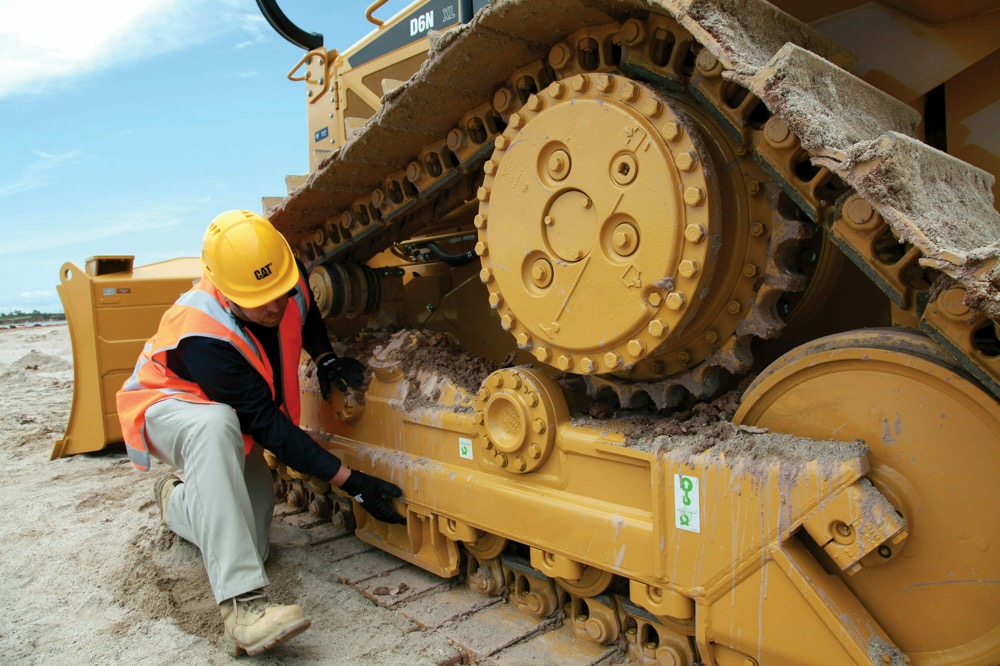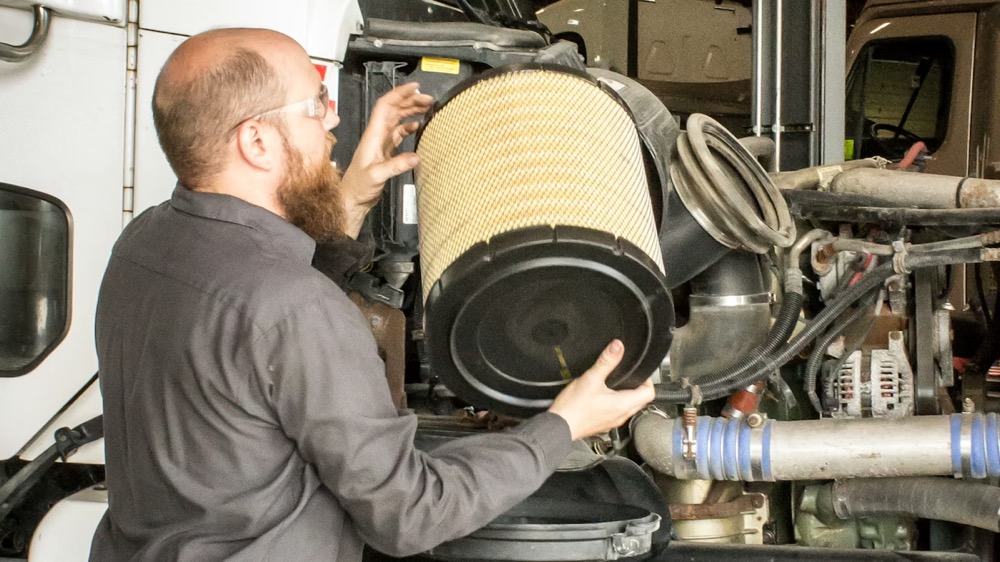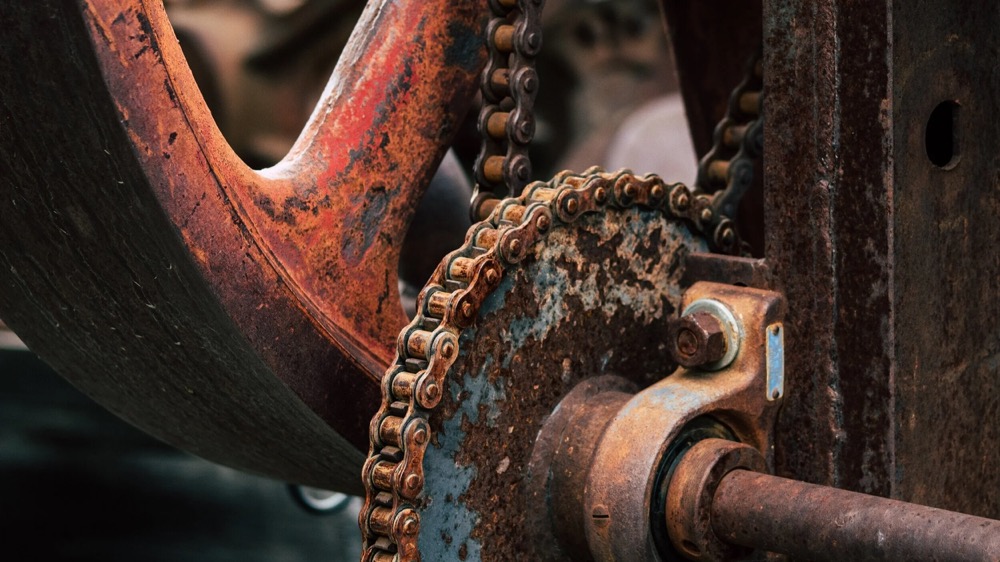
— March 27, 2025
In the bustling realm of construction, mining, and various industrial sectors, excavators are the workhorses that drive progress. Their ability to execute complex tasks with precision and power is fundamental to project success. However, the hefty price tag associated with brand - new excavators often poses a significant challenge, especially for businesses striving to manage their finances prudently. This is where used excavators emerge as a viable and attractive alternative. This in - depth guide will explore the multifaceted benefits of used excavators, offer invaluable tips for making a well - informed purchase, discuss their diverse applications, and showcase why they are an astute choice for a wide range of operations.
The most compelling advantage of opting for a used excavator is the significant reduction in cost. New excavators can command exorbitant prices, sometimes soaring into the hundreds of thousands of dollars. In contrast, used models are available at a fraction of this cost. This financial flexibility allows businesses to allocate their resources more efficiently, whether it's investing in additional equipment, training their workforce, or taking on more projects. For example, a small - to - medium - sized construction company can save a substantial amount by choosing a used excavator, which can then be used to purchase other essential tools or hire more skilled labor.
Heavy equipment, including excavators, experiences a rapid decline in value during its initial years of use. By purchasing a used excavator, you sidestep this steep initial depreciation. This means that when the time comes to sell or upgrade your equipment, you are likely to receive a more favorable resale value. For instance, a new excavator may lose a significant percentage of its value in the first year, while a used one that has already weathered this initial depreciation will retain a relatively higher portion of its worth.
Used excavators have already been put to work in real - world scenarios, providing potential buyers with a wealth of performance data. Reputable brands in the industry are known for manufacturing durable and reliable machines. The fact that a used excavator has been operating for a certain number of hours gives an indication of its ability to withstand the rigors of work. For example, if a used excavator has been in operation for a few thousand hours and still functions well, it is likely to continue performing reliably for a considerable time, provided it has been properly maintained.
Unlike new excavators, which may be subject to long manufacturing and shipping delays, used excavators are often ready for immediate deployment. This is a crucial advantage for businesses with tight project schedules. In the construction industry, where time is of the essence, having an excavator available at short notice can mean the difference between meeting a project deadline and incurring costly delays. For example, if a sudden opportunity arises for a construction company to take on a new project, a used excavator can be sourced and put to work much faster than waiting for a new one to be manufactured and delivered.
Before making a purchase, it is essential to conduct comprehensive research on the specific model and brand. Look for industry - wide reviews, technical specifications, and any common issues associated with the excavator. Different brands have different reputations for reliability, performance, and availability of spare parts. For example, some brands are known for their fuel - efficient engines, while others are praised for their robust hydraulic systems. By understanding these nuances, you can choose a model that best suits your needs.
Whenever possible, physically inspect the excavator yourself or hire a professional with expertise in heavy equipment. Check for visible signs of wear and tear, such as cracks in the body, leaks in the hydraulic system, or excessive rust. Pay close attention to critical components like the engine, transmission, and undercarriage. For instance, signs of oil leaks around the engine could indicate potential mechanical problems, while excessive wear on the tracks may require costly replacements in the near future.
Request the maintenance records from the seller. A well - maintained excavator with a comprehensive service history is more likely to perform reliably. The maintenance records should include details such as oil change intervals, filter replacements, and any major repairs carried out. For example, if an excavator has had regular oil changes and timely replacement of worn - out parts, it is a strong indicator that the machine has been well - cared for and is likely to have a longer lifespan.
The operating hours of an excavator, similar to the mileage of a vehicle, provide an indication of its usage. While a higher number of hours doesn't necessarily mean the machine is worn - out, it is an important factor to consider. For example, an excavator with a high number of hours but a well - documented maintenance history may still be a good investment, as long as the critical components are in good condition. However, an excavator with a low number of hours but signs of neglect may pose more risks.
Excavators can be equipped with a variety of attachments, such as buckets, breakers, and grapples. Ensure that the used excavator you are considering is compatible with the attachments you need for your projects. Check for proper fit and functionality of the attachment mounting points. For example, if you plan to use a hydraulic breaker attachment, make sure the excavator's hydraulic system can support the breaker's requirements and that the mounting points are in good condition.
Purchase from a reputable dealer or platform. Look for platforms that have a strict vetting process for sellers and equipment. This ensures that you are getting a quality product. Read customer reviews and testimonials about the seller or platform to gauge their reputation for honesty and reliability. For example, a dealer with a long - standing reputation for selling well - maintained used excavators is more likely to provide a machine that meets your expectations.
Before finalizing the purchase, verify the ownership of the excavator. Ensure that the seller has clear title to the equipment and that all legal documentation, such as registration papers and proof of purchase, is in order. This step is crucial to avoid any legal disputes in the future. For example, if the ownership of the excavator is in question, it could lead to problems when you try to sell the machine or transfer it to another location.
If possible, arrange a trial run of the excavator. This hands - on experience allows you to assess its performance in real - time. Test the responsiveness of the controls, the smoothness of the hydraulic system, and the overall stability of the machine. During the trial run, listen for any unusual noises or vibrations, as these could be signs of underlying mechanical problems. For example, if the controls feel unresponsive or the hydraulic system makes strange noises during operation, it may indicate issues that need to be addressed before purchasing.
In addition to operating hours, consider the age of the excavator. While a newer - looking machine with low hours may seem appealing, an older excavator that has been meticulously maintained can also be a great investment. However, older machines may be more prone to certain types of wear and tear, such as corrosion in the hydraulic lines or reduced engine efficiency. For example, an older excavator may require more frequent maintenance and may not be as fuel - efficient as a newer model, but if it is priced appropriately and in good condition, it can still be a cost - effective choice.
Used excavators are the backbone of construction projects. They are used for digging foundations, trenches, and holes of various sizes. Their powerful hydraulic systems enable them to lift and place heavy construction materials, such as concrete blocks, steel beams, and pre - fabricated panels. For example, in the construction of a commercial building, a used excavator can quickly excavate the foundation, and then, with the appropriate attachment, lift and position the heavy steel beams for the framework.
Equipped with hydraulic breakers, shears, or crushers, used excavators are highly effective in demolition work. They can safely and efficiently demolish buildings, bridges, and other structures. Their ability to reach high places and break through tough materials makes them an essential tool in the demolition industry. For example, a used excavator with a hydraulic breaker attachment can easily break through concrete walls during the demolition of an old building.
In the mining industry, used excavators play a crucial role in extracting minerals. They are used to dig deep into the earth, load ore into trucks, and clear debris from the mining site. Their durability and high - torque engines make them suitable for the harsh and demanding conditions of mining operations. For example, in an open - pit mine, a used excavator can continuously dig and load large volumes of ore into waiting trucks, contributing to the overall productivity of the mining operation.
Used excavators are valuable assets in landscaping and agriculture. In landscaping, they can be used to reshape terrain, dig ponds, and clear land for new developments. In agriculture, they are used for tasks such as digging irrigation channels, removing tree stumps, and preparing fields for planting. For example, a landscaping company can use a used excavator to create a beautiful pond in a park, while a farmer can use it to dig an irrigation channel to supply water to the crops.
Used excavators are widely used in utility and infrastructure projects. They are used for laying pipelines, installing cables, and repairing roads. Their ability to work in tight spaces and handle heavy loads makes them ideal for these types of projects. For example, when laying underground pipelines, a used excavator can dig the trench, place the pipeline, and then backfill the trench with soil.
With a 51.7 - ton operating weight, the 2021 Sany SY500H Excavator is engineered to handle the most demanding tasks. Its high - torque engine and advanced hydraulic system work in tandem to deliver unparalleled digging, lifting, and moving capabilities. Whether it's excavating hard rock or lifting heavy loads, this machine performs with efficiency and precision.
The Tier 3 emissions standard of the 2021 Sany SY500H Excavator showcases its commitment to environmental sustainability. This not only helps in reducing the carbon footprint but also ensures compliance with strict environmental regulations at job sites.
Having accumulated 3953 hours of operation, the 2021 Sany SY500H has already proven its reliability in the field. Despite its extensive use, the machine's continued good condition is a testament to Sany's high - quality manufacturing and robust design.
The standard bucket attachment on the 2021 Sany SY500H is designed for optimal performance. Additionally, the machine is highly adaptable to a variety of other attachments, expanding its functionality for different project requirements. This versatility makes it a valuable asset for businesses involved in diverse construction and mining projects.
Sany is known for its durable construction, and the 2021 SY500H is no exception. Its rugged build quality allows it to withstand the harshest working conditions, minimizing the risk of breakdowns and costly repairs. This durability ensures a long - term return on investment for businesses.
Used excavators offer a cost - effective, reliable, and versatile solution for businesses in need of heavy - equipment. They provide a range of benefits that can significantly enhance operational efficiency and profitability. By following the tips for purchasing a used excavator and choosing a trusted source, businesses can acquire a high - quality machine that meets their specific needs. Whether it's for construction, mining, landscaping, or any other industry, used excavators have proven to be a smart investment. Explore MechLink for used excavators today and unlock the potential to take your business to new heights.

Key components of heavy equipment undercarriage maintenance
December 19, 2025

How to change the hydraulic filter in your heavy equipment and why it matters
December 19, 2025

The best equipment for snow removal: heavy machinery to use this winter
December 18, 2025

How to prevent rust and corrosion on heavy construction equipment
December 18, 2025